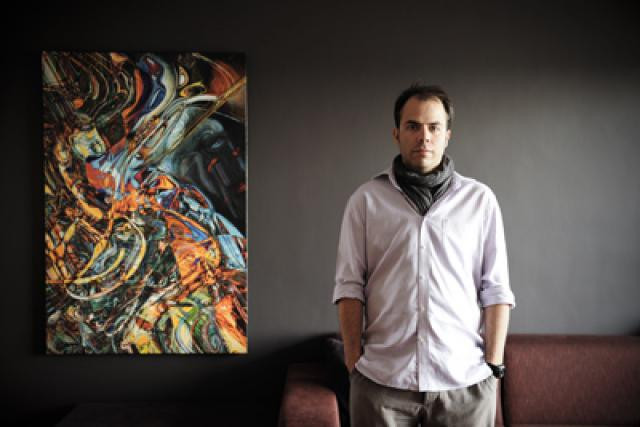The Luxembourg directors’ and scriptwriters’ association (Lars) has grown from an initial membership whose numbers could be counted on the fingers of one hand, to approximately 50 members in its 10 year history. It emerged out of “a platform where directors and scriptwriters could exchange ideas,” states Yann Tonnar, General Secretary of Lars. “But these professions pan out a bit differently to the technical ones. A lot of directors do not have that as their full-time job, and make a film every five or six years. I’d say these make up half of our membership, with the other half being professional directors in the sense that they work at it full-time.” Tonnar admits that he is astonished at the numbers coming through, what he calls a “new generation of film makers.” But is the industry becoming more popular and glamorous, or is this new generation emerging to fill a niche? Is it easier now to make a career out of film-making than it was before?
Weaknesses remain
“It has definitely become easier in the past few years because the Film Fund has established a policy to really support the funding of first short films and second short films. People who have just left film school are given opportunities quickly,” suggests Tonnar. But after the first couple of short films have been made? “That could be the main difference between this country and any other,” he admits, “elsewhere it gets easier over time. The difficulty is getting the chance to make a name for yourself. In Luxembourg, the difficulty appears to be what to do after you get the chance to do that. The money is not here to fund a whole feature film, and the international connections are difficult to establish.” And what of the scriptwriters? Already a small component of Lars’ membership (three out of 50), Tonnar considers them a case apart from the directors, but they are one of the major aspects of the industry Lars is working on.“I would have to say scriptwriting is the one major weakness in Luxembourg currently, and we are looking at the script development environment, the whole writing process. This weakness is what is always noticed from the outside looking in: scripts for short films are often not good enough.” In this country, like most others in Europe, the directors tend to write their own scripts, either alone or in collaboration. “The scriptwriters we have are normally fully booked!” notes Tonnar with a wry smile. “How can we rethink the whole scriptwriting process so the output is improved? Money is one question. Of course that is required. The average script takes a bare minimum of one year for two people to produce. Maybe with more money people could be contracted in from outside, professional international scriptwriters could come in for a year or two and work on projects here.” Another option is training, sending people from Luxembourg to workshops abroad, or bringing in experienced professionals for coaching.
In terms of scripts there is another point, according to Tonnar, that “at the moment you can only develop a script if you have a producer attached to it. An individual can’t pitch it to the Film Fund. We’re trying to change this. Of course, in this regard it is the same situation for directors.”
Directors face another issue that Tonner highlights as a priority for Lars, which is their salaries, and their lack of structure. “We are looking at that,” he insists. Lars is joining the European Association of Film Directors (Fera) to get help with such issues. “There have never been guidelines for payment when it comes to directors, be they young film makers on a maiden project or experienced old hands working on a feature. They don’t get paid on a daily basis or at a daily rate like a cameraman will. Directors just receive a fixed sum for the whole job. It is not clear what they should receive.” Aside from that, how is the industry looking? “There is a lot of anticipation. Let’s see what happens next...”
